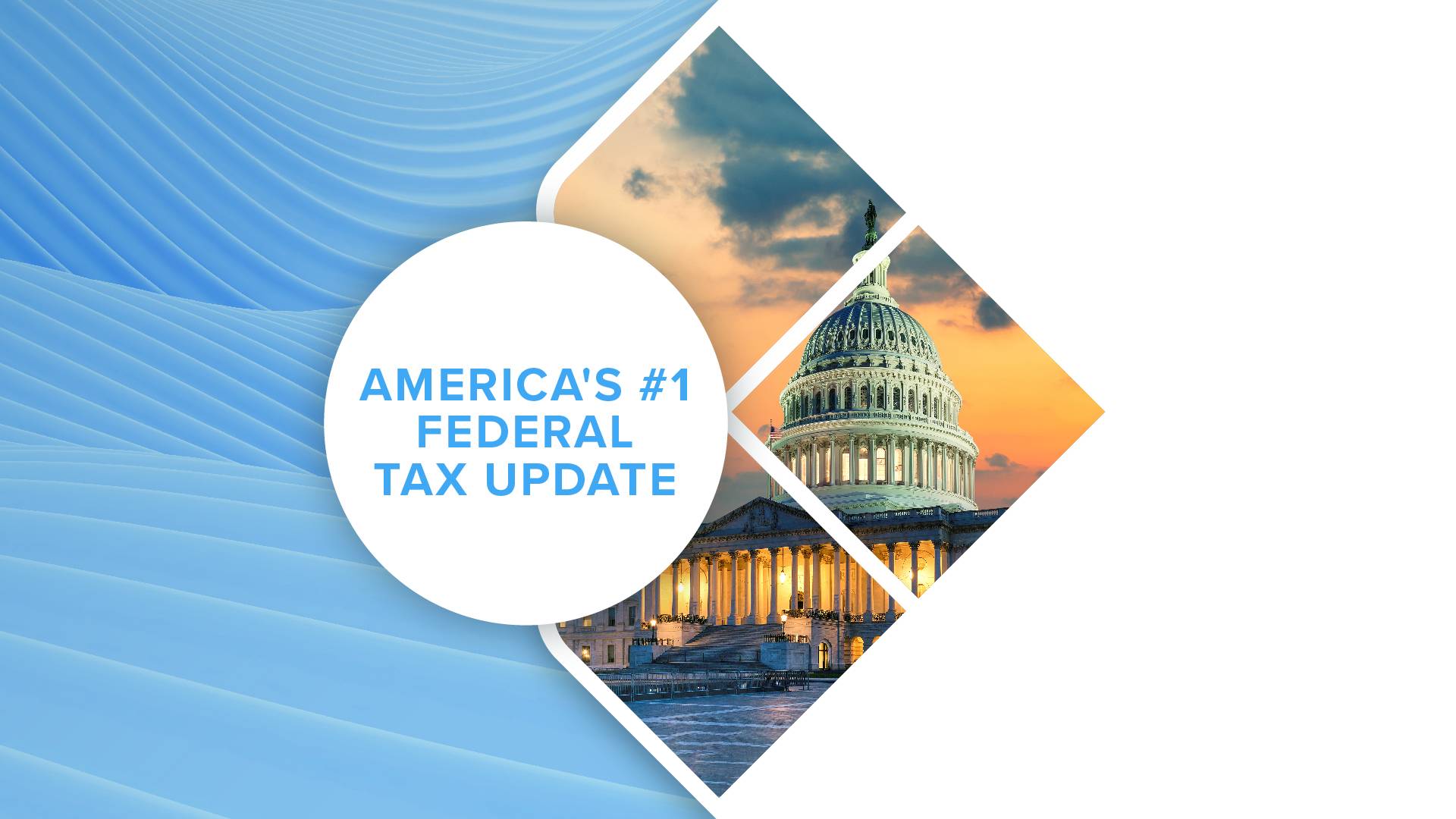Self-Study
Education Tax Benefits
Get a comprehensive look at education tax benefits including qualified tuition programs, savings accounts, tax credits, scholarships treatment, and student loan interest deductions.

$145.00 – $175.00Price range: $145.00 through $175.00
Webcasts are available for viewing Monday – Friday, 8am – 8pm ET,
and Saturday & Sunday, 10am – 6pm ET.
Without FlexCast, you must start with enough time to finish. (1 Hr/Credit)
Please fill out the form below and we will reach out as soon as possible.
CPE Credits
5 Credits: Taxes
Course Level
Basic
Format
Self-Study
Course Description
Few advantages are as sought after by parents for their children as an education that will enable them to grow professionally and enjoy the benefits such an education can help bestow. The federal government supports and encourages their efforts to provide that education through various programs and income tax incentives.
This course will examine the programs, credits, deductions and federal income tax treatment of various items that affect saving for and financing an individual’s education. In so doing, it will consider:
- Qualified tuition programs;
- Coverdell education savings accounts;
- The education savings bond program;
- Federal tax credits for education;
- The federal tax treatment of scholarships, fellowships, grants and tuition reductions; and
- Deductions available for student loan interest.
Need Flexibility?
Purchase now, choose later. Your credits are ready whenever you find the perfect courses for you.
Learning Objectives
Upon successful completion of this course, participants will be able to:
Chapter 1
- Compare prepaid tuition plans with college savings plans
- Identify the expenses considered qualified education expenses under a qualified tuition program and the educational institutions at which such expenses may be incurred
- Recognize the rules applicable to IRC §529 qualified tuition program contribution limits and the tax treatment of plan contributions
- Apply the applicable tax law to IRC §529 qualified tuition program distributions.
Chapter 2
- Apply the federal income tax rules to ESA contributions, earnings, and distributions
- Recognize the eligibility requirements applicable to ESA contributors and beneficiaries
- Identify the ESA contribution limits
- Apply the rules governing ESA rollovers
Chapter 3
- Identify the U.S. savings bonds included in the education savings bond program
- List the education expenses that qualify under the education savings bond program
- Recognize the kind of educational institutions that are eligible for inclusion in the education savings bond program
- Identify the benefits whose receipt reduce a taxpayer’s qualified education expenses
- Calculate the tax-free portion of adjusted qualified education expenses
Chapter 4
- Recognize who is eligible to claim the tax credits
- Identify the expenses considered qualified education expenses and those expenses that do not qualify
- List the benefits for which qualified education expenses must be adjusted
- Define an eligible educational institution
- Calculate the available tax credits
- Apply the tax-benefit recapture rules
Chapter 5
- Identify the tax treatment of educational assistance, including –
- Scholarships and fellowships,
- Fulbright grants,
- Need-based education grants,
- Veterans’ education benefits, and
- Tuition reductions.
- Calculate the student loan interest deduction available to a taxpayer; and
- Apply the applicable federal income tax rules to student loan cancellations and repayment assistance.
Course Specifics
SS8212803
December 15, 2025
There are no prerequisites.
None
141
Compliance Information
IRS Provider Number: 0MYXB
IRS Course Number: 0MYXB-T-02436-24-S
IRS Federal Tax Law Credits: 5
CTEC Course Number: 2071-CE-01637
CTEC Federal Tax Law Credits: 5
CFP Notice: Not all courses that qualify for CFP® credit are registered by Western CPE. If a course does not have a CFP registration number in the compliance section, the continuing education will need to be individually reported with the CFP Board. For more information on the reporting process, required documentation, processing fee, etc., contact the CFP Board. CFP Professionals must take each course in it’s entirety, the CFP Board DOES NOT accept partial credits for courses.
CTEC Notice: California Tax Education Council DOES NOT allow partial credit, course must be taken in entirety. Western CPE has been approved by the California Tax Education Council to offer continuing education courses that count as credit towards the annual “continuing education” requirement imposed by the State of California for CTEC Registered Tax Preparers. A listing of additional requirements to register as a tax preparer may be obtained by contacting CTEC at P.O. Box 2890, Sacramento, CA, 95812-2890, by phone toll-free at (877) 850-2832, or on the Internet at www.ctec.org.
Meet The Experts

Paul J. Winn CLU ChFC is a writer with more than 30 years experience in the life insurance and securities industry as an agent/registered representative, an agency head, a marketing vice president for a life insurance company and the president of a corporate registered investment adviser. He was a long serving member of the advisory board to the New York State insurance department. He is a published book author and creator of more than 200 taxation, insurance and securities training courses.
Related Courses
-
 Taxes
Taxes
“Big Beautiful Bill” Summary of Selected Tax Provisions
Danny Santucci, JD QAS Self-Study
Credits: 4 $116.00
QAS Self-Study
Credits: 4 $116.00 -
 Taxes
Taxes
2023 Federal Tax Update (Complete Edition)
Mark Seid, EA, CPA, USTCP & Sharon Kreider, CPA QAS Self-Study
Credits: 20
QAS Self-Study
Credits: 20$575.00$432.00 -
 Taxes
Taxes
Estate Tools & Trusts
Danny Santucci, JD QAS Self-Study
Credits: 2 $58.00
QAS Self-Study
Credits: 2 $58.00
